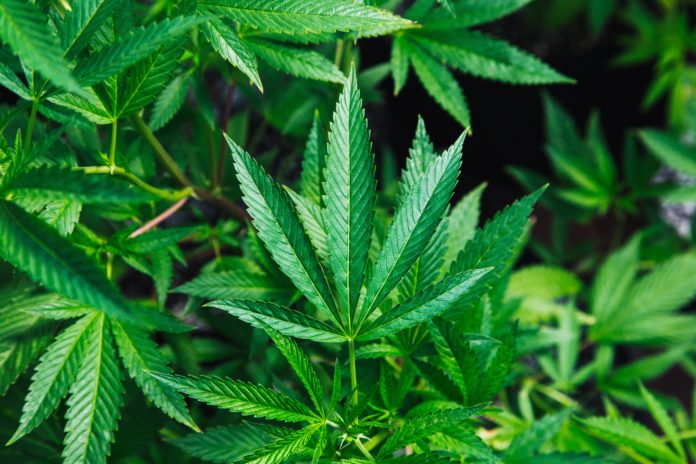As legalization looms, the Canadian government is preparing to launch a study to figure out how much cannabis is sold illegally online.
According to the application for companies to carry out the research, the goal of the project is to determine how much cannabis is illegally sold on “cryptomarkets, identify trends in the buying and selling behaviours of Canadian cryptomarket users, and discuss the policy and law enforcement implications of cryptomarkets within a Canadian context following legalization.”
The government also wants to find out how much cannabis is being sold to Canadian buyers and by Canadian vendors.
According to the application, the government intends to “analyze trends in the characteristics of Canadian vendors, including (but not limited to) the estimated quantities sold by Canadian vendors, the geographic areas sold to, estimated number of transactions, as well as other illicit goods sold alongside cannabis by Canadian vendors.”
Other details the government wants to explore include analyzing how the traditional drug distribution network compares to the dark web drug market, as well as the relationship between cryptomarkets and organized crime networks.
See also: To cross, or not to cross the border: The unintended consequences of cannabis legalization
“One of the primary aims of cannabis legalization and regulation is to reduce criminal involvement in the cannabis market,” the application notes. “It is therefore important to examine the current state of illicit cannabis markets in order to assess any changes in such markets once cannabis is legalized.
“Recent research shows that individuals are more commonly turning to the Internet to purchase and sell illicit substances,” it adds. “Since 2013, cannabis has been the most popular drug sold on the dark web, making up 33 per cent of drug marketplace transactions. Canada was identified as one of the five most prominent countries (among a total of 41) from which the illegal, online trade of drugs originated. What is unclear, is the number of illegal, online transactions that occur in Canada, as well as the proportion of cannabis that is traded on the Internet.”
The application for companies to carry out this research closes on Oct. 29. The study is set to launch soon after.



















